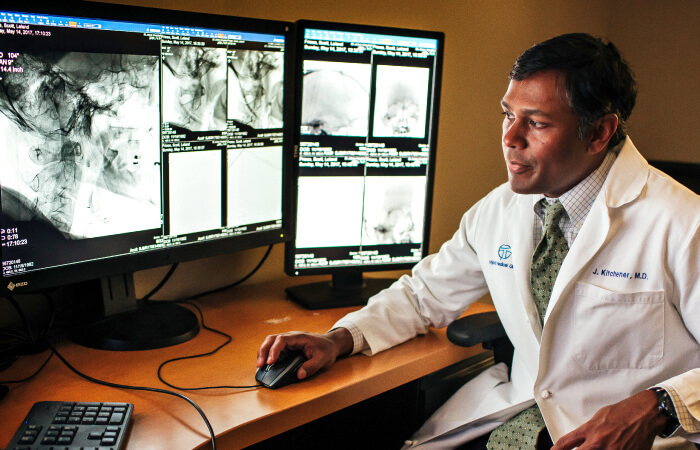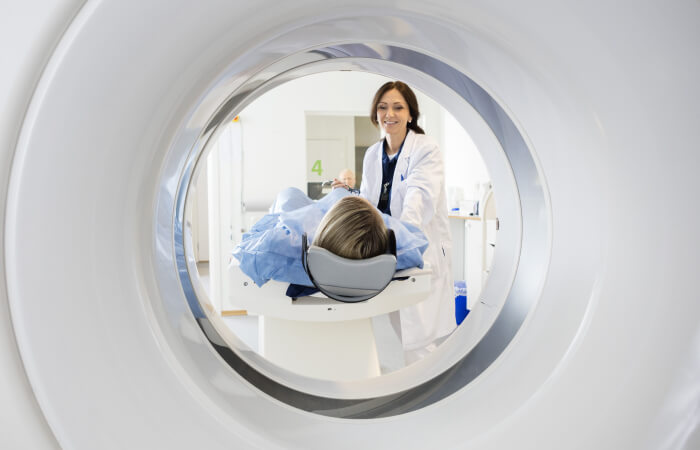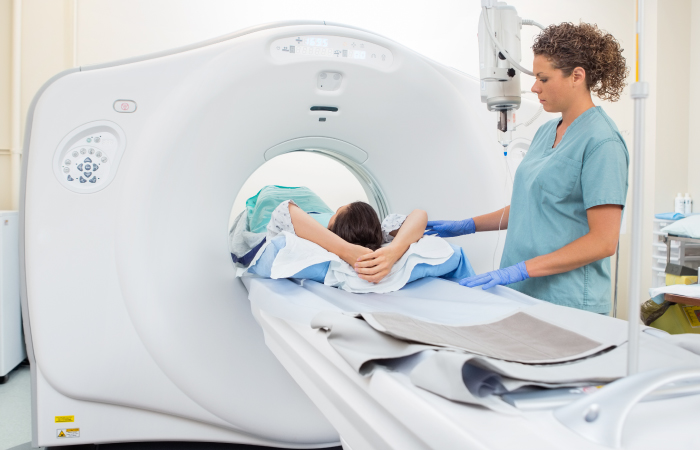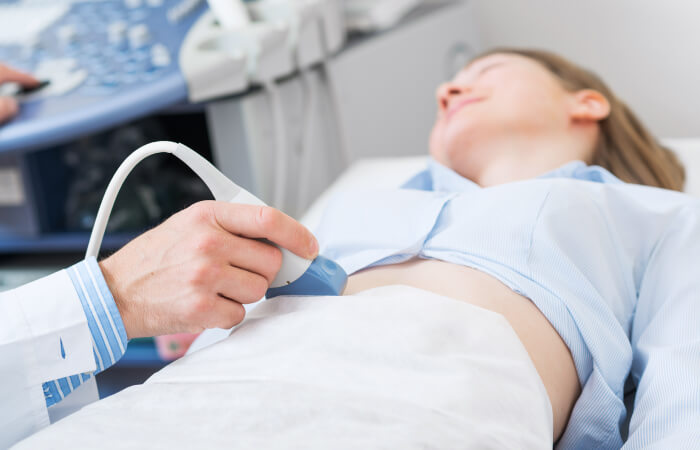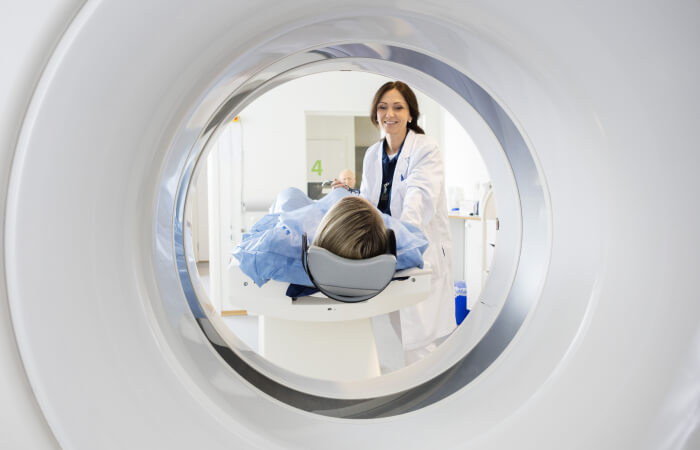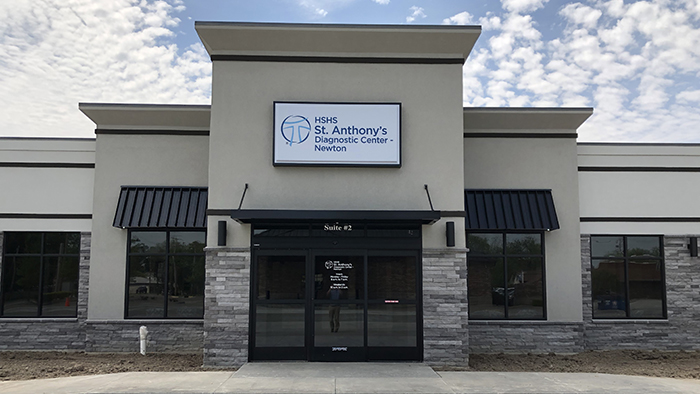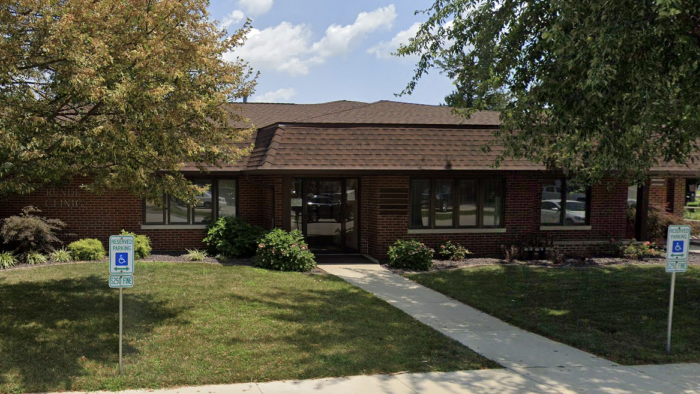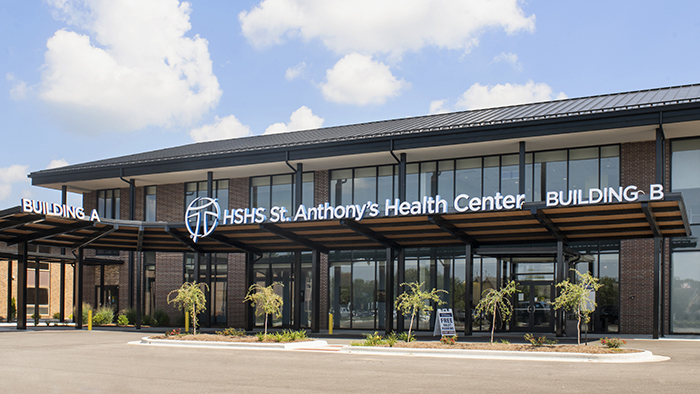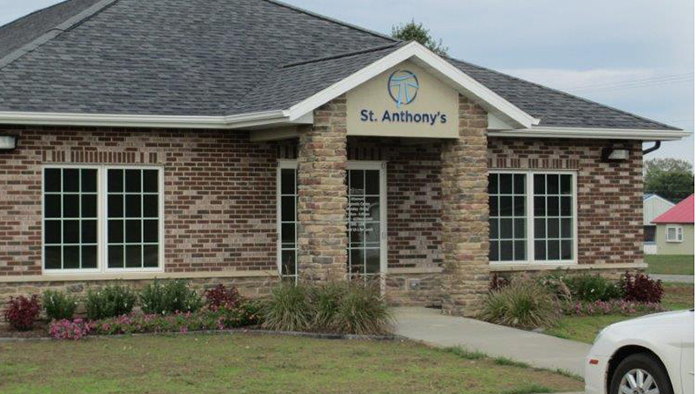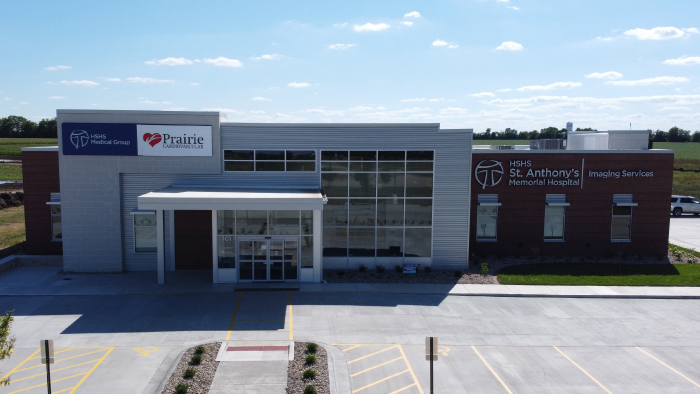St. Anthony's Diagnostic Centers and Health Centers are hospital outpatient departments dedicated to providing comprehensive diagnostic care and services to patients in our immediate and surrounding areas. We strive to make your diagnostic visit pleasant and convenient.
HOSPITAL OUTPATIENT DEPARTMENT | It is recommended to contact your insurance company to confirm coverage for any medical procedure as insurance coverage may vary between hospital locations and independent imaging center locations.
We provide a variety of services at each facility to meet the needs of our patients. Our centers are open to all patients and provide quality diagnostic services right in your own community.
The centers are equipped with the same advanced technology currently used at St. Anthony’s and each center is staffed with highly skilled technologists to serve your needs.
We provide a variety of services at each facility to meet the needs of our patients. Our centers are open to all patients and provide quality diagnostic services right in your own community.
